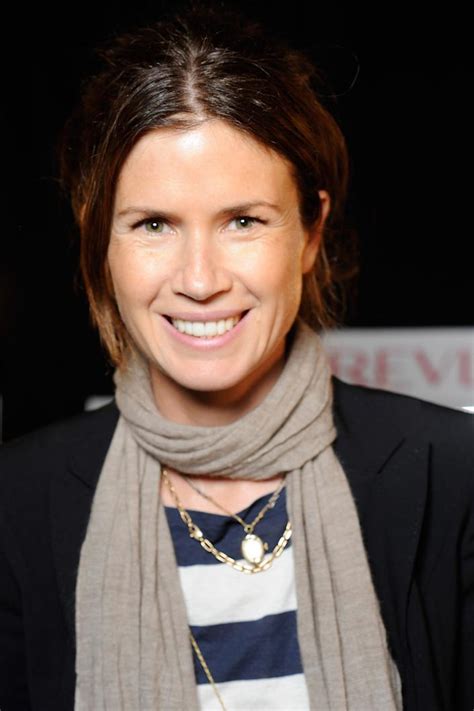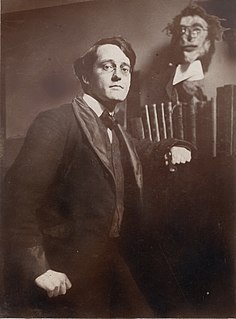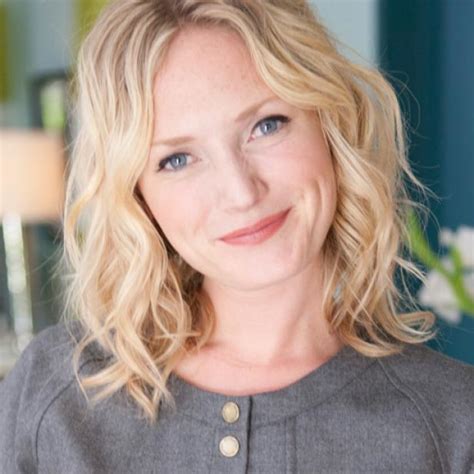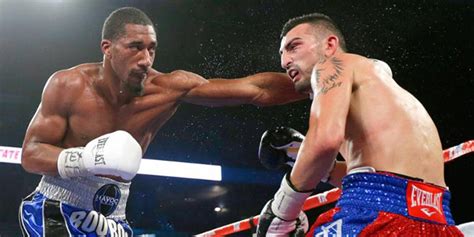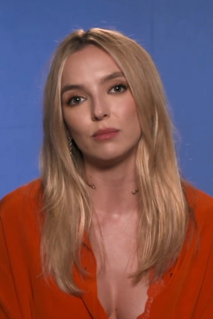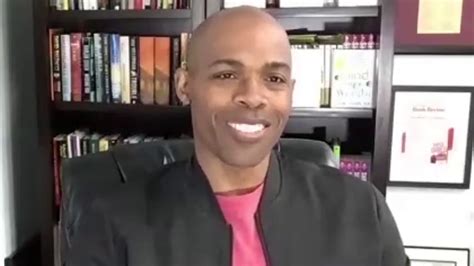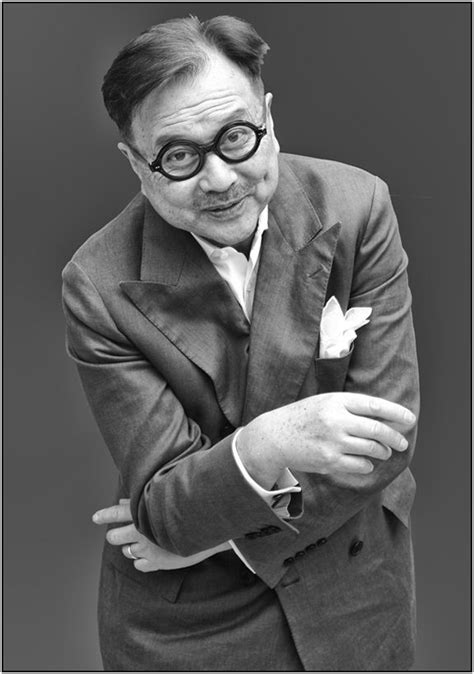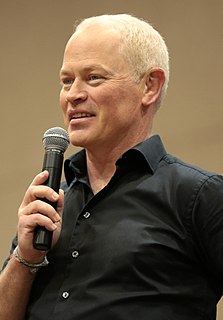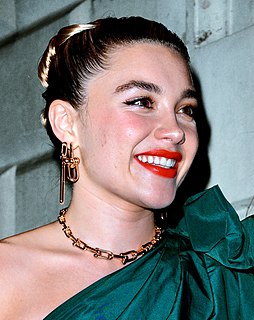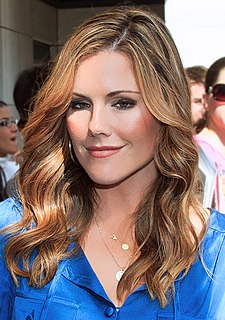A Quote by Ron Perlman
Each character represents a different color on the big palette of what this ultimate painting is going to look like, who your guy is, and just try to be as honest and simple and real as you can possibly be. The outer trappings are incidental - costumes, period, makeup - all of that is rather insignificant at the end of the day.
Related Quotes
I've always thought for myself, that's something I want to focus on - color palette and the use of color. Rather than using it in a way that other makeup artists might, I try to enhance the color palette with the girl to really bring out her sickest features and make her look absolutely the best she can.
Everybody's going to do the 3D slightly differently the same way that people are going to deal with color differently. Some movies downplay the color, some color is very vibrant. Color design is very different. We've got to think of 3D like color or like sound, as just part of the creative palette that we paint with and not some whole new thing that completely redefines the medium.
I've got a funny old face. Someone described it once, and I think they were being kind, as character. But I know what they mean! I've never been that conventional. I suppose maybe it means that my face can look different in different lights, so I just try and sort of keep it simple when I'm going out, to still look like me.
My idea of no makeup on actors is really no makeup. I mean, they can be wearing makeup. I don't care what they're wearing as long as it looks like they're not wearing makeup. But an actress will suddenly appear with some lipstick on. And that's makeup. Keener's character wears makeup. Her character would wear makeup. I try to stay true to whoever that person is. I hate that kind of thing where you're waking up in the morning with makeup on in a movie. I just think it pulls you out of the movie.
I'm not going to do anything out my way to try to get somebody to watch me because I want to act a buffoon. I want to build a character that I want my kids to look up to. It's OK to be the bad guy when it's time to be the bad guy, but to live and be the bad guy all day, every day? It's like, 'No, come on, man, you're making us look bad.'
The approach to acting is always the same, you try to figure who the guy is and then you try to transition your way into his way of thinking and moving through the world. The rest of it is just accoutrements, you don't play the makeup, you play the guy. If you're not wearing makeup, you just play the guy.
Imagine a master painting that's never finished...when you can only build on previous work, you become limited by what you can paint...If you are in the midst of painting a forest full of tall tress and hanging vines, it is rather difficult to wake up the next day and suddenly turn that paining into the beach and ocean...We have to treat each day like a black canvas on which we can paint. Yesterday might have been paining flowers, but today you can paint cars or horses. A new day represents a chance for renewal.
I would have conversations with European artists. Meaning, people look at my painting and one person would say, "Oh, your painting is just like so-and-so!" Another person would say, "It's just like so-and-so." But at the end, it's a chain of relay like a marathon. There are so many so-and-so's that eventually it becomes mine. My dialogue was completely European, with the '40s, '50s, '60s artists, but on the exterior side I do big painting. It's post-Pollock. It's current. It's a meeting of the time. The Chinese side just comes out.
You try to make the most of each day. I'm not big into setting real specific goals. I think, really, if you just focus on every day - and I know that's the oldest cliche in the book, but it really is true. Day 1 of camp means just as much as Day 17 of camp. If you really try to focus on each and every one of those days, long-term.
I think there's always some good reason to try and modernize most period things, because at the end of the day, they may have, I suppose, used a different language or a different etiquette, but ultimately, these are still people that loved and breathed and lived and ate and weed and pooed just like we do now.

